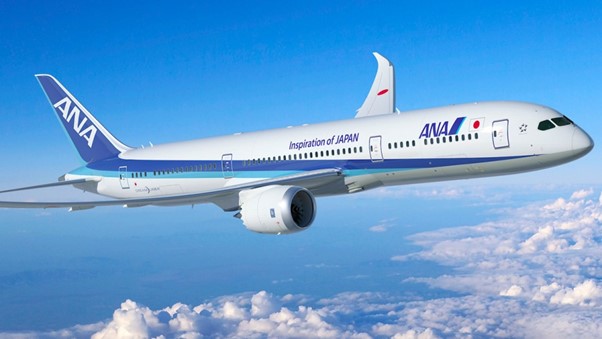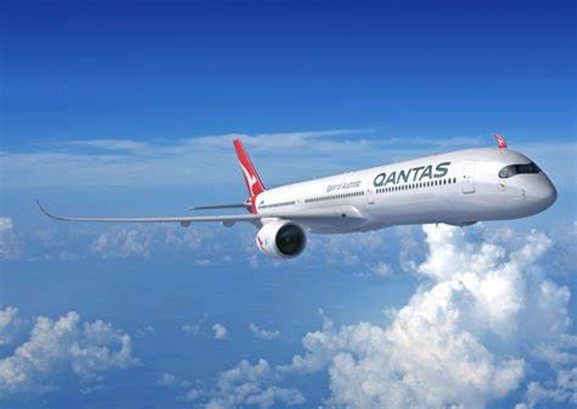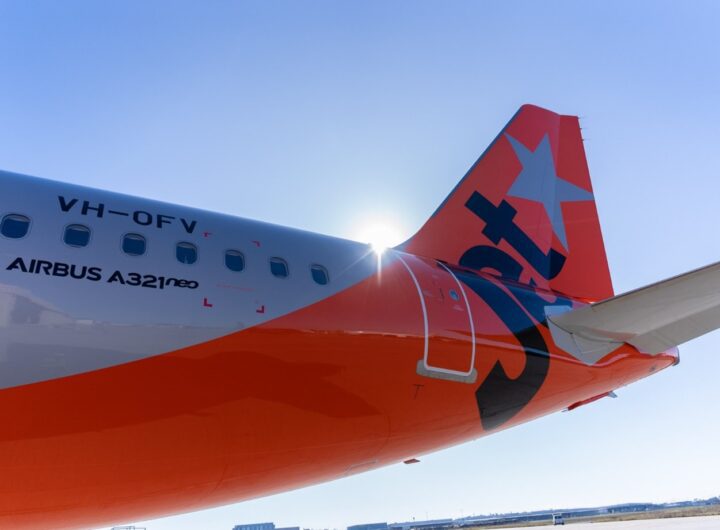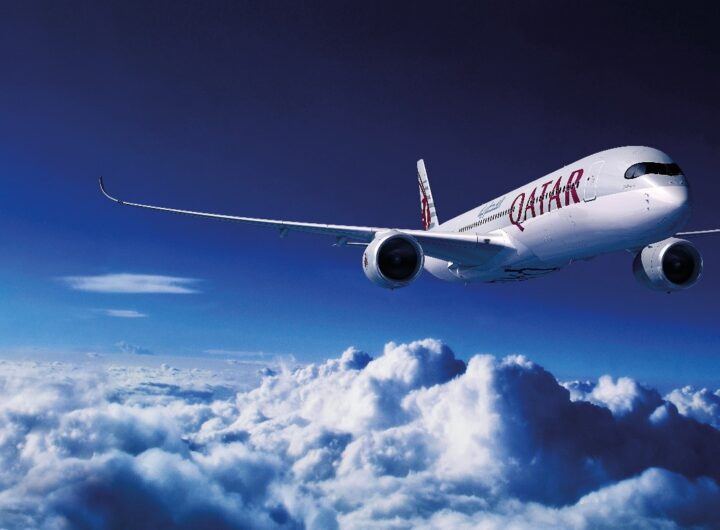Bonza promises to be the independent low-cost airline that many Australian consumers have wished for. Still, some are sceptical that the market can support another operator.
Bonza, funded by the US private investment group 777 Partners, stated that it would begin flying next year, using Boeing 737-8 planes.
According to CEO Tim Jordan, the company’s objective would be to provide routes into leisure destinations where connections generally constrain travel via big cities.
However, breaking into Australia’s duopoly airline business is a far easier process than it appears.
Strategic Aviation Solutions’ chairman is Neil Hansford. He has almost 40 years of experience assessing airline business plans and believes that focusing solely on flying vacationers is unsustainable.
“The problem is that no one in Australia can thrive only on the leisure market. To generate a sufficient yield from your passengers, you need a component of the business market, “Mr Hansford told 9News.com.au.
Bonza CEO Tim Jordan told The Sydney Morning Herald and The Age that the airline will cater to Australia’s ‘tradies, teachers, kids, and caretakers’ and will focus on expanding to new places rather than only Melbourne, Sydney, and Brisbane.
Existing carriers do not already serve the majority of the routes indicated by Bonza.
“We’re targeting the everyday Australian…we’re not going to have the bells and whistles like lounges and frequent flyer programmes,” Mr Jordan explained.
Mr Jordan has been in the aviation sector for over 25 years. It has spent the last decade working on the establishment of an Australian low-fare airline. With the potential of interstate travel finally becoming a reality, Mr Jordan believes there is room for an independent domestic carrier to build a name for itself.
Tigerair, founded in 2007 by Singapore-based Tiger Airways, was a full-service budget airline before becoming a part of Virgin Australia in 2013. According to Mr Jordan, the move left a gap in the market that has never been filled.
“There has always been an opportunity, but it has taken a different form.” “Since Tiger’s original takeover, the opportunity has increased in size, while the economies of regional centres have grown in importance,” he said.
“Countries with the most aviation growth are those having independent, low-cost operators who can create new markets that would otherwise not exist if full-service carriers operated them.”
Bonza has been under development for several years and will call over 45 Australian airports this week to gauge early interest in the service while it awaits regulatory approval.
Mr Jordan stated that the airline is eager to capitalise on the anticipated rise in demand once pandemic restrictions are eased across Australia.
“I believe that when international restrictions are abolished, there will be a period of lower international travel rates locally.” “The rest of the world has proved that when given the opportunity, Australia’s domestic markets recover quickly,” he said.
Mr Jordan is the creator of Kazakhstan airline FlyArystan. The central Asian group experienced a 37% increase in the first six months of 2021 compared to the corresponding time before the pandemic.
Bonza is the most recent addition to 777’s portfolio of aviation interests, which already includes Canada’s only independent low-cost carrier, Flair Airlines, and the South-East Asian-based Value Alliance.
Josh Wander, the managing partner of 777 Partners, believes the moment has come to revive Australia’s independent aviation industry. “There is a big chance to both do well and do well by democratising air travel through lower pricing,” he says. We want to expand customer choice while also making travel more inexpensive and accessible to all.
By Joe Cusmano

 Emirates First Travel Store Debuts in Hong Kong, it’s first in East Asia
Emirates First Travel Store Debuts in Hong Kong, it’s first in East Asia  Etihad and Batik Air Malaysia Unveil Codeshare Partnership
Etihad and Batik Air Malaysia Unveil Codeshare Partnership  All Nippon Airways Expands Its Network with Three New Destinations
All Nippon Airways Expands Its Network with Three New Destinations  Qantas Introduces Unique Cabin Lighting for Project Sunrise Flights
Qantas Introduces Unique Cabin Lighting for Project Sunrise Flights  Jetstar Soars to Second Place as Brisbane Airport Hits Pre-COVID Passenger Numbers
Jetstar Soars to Second Place as Brisbane Airport Hits Pre-COVID Passenger Numbers  Qatar Airways to Unveil ‘Qsuite Next Gen’ at Farnborough International Airshow 2024
Qatar Airways to Unveil ‘Qsuite Next Gen’ at Farnborough International Airshow 2024  Norwegian Cruise Line Announces Philadelphia as New Homeport With Its 2026 Spring/Summer Season
Norwegian Cruise Line Announces Philadelphia as New Homeport With Its 2026 Spring/Summer Season  Paul Gauguin Cruises Announces 2026 Voyages for its Moana Explorer Program
Paul Gauguin Cruises Announces 2026 Voyages for its Moana Explorer Program  Disney and Oriental Land Co. to Launch Disney Cruises Vacation in Japan
Disney and Oriental Land Co. to Launch Disney Cruises Vacation in Japan 